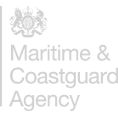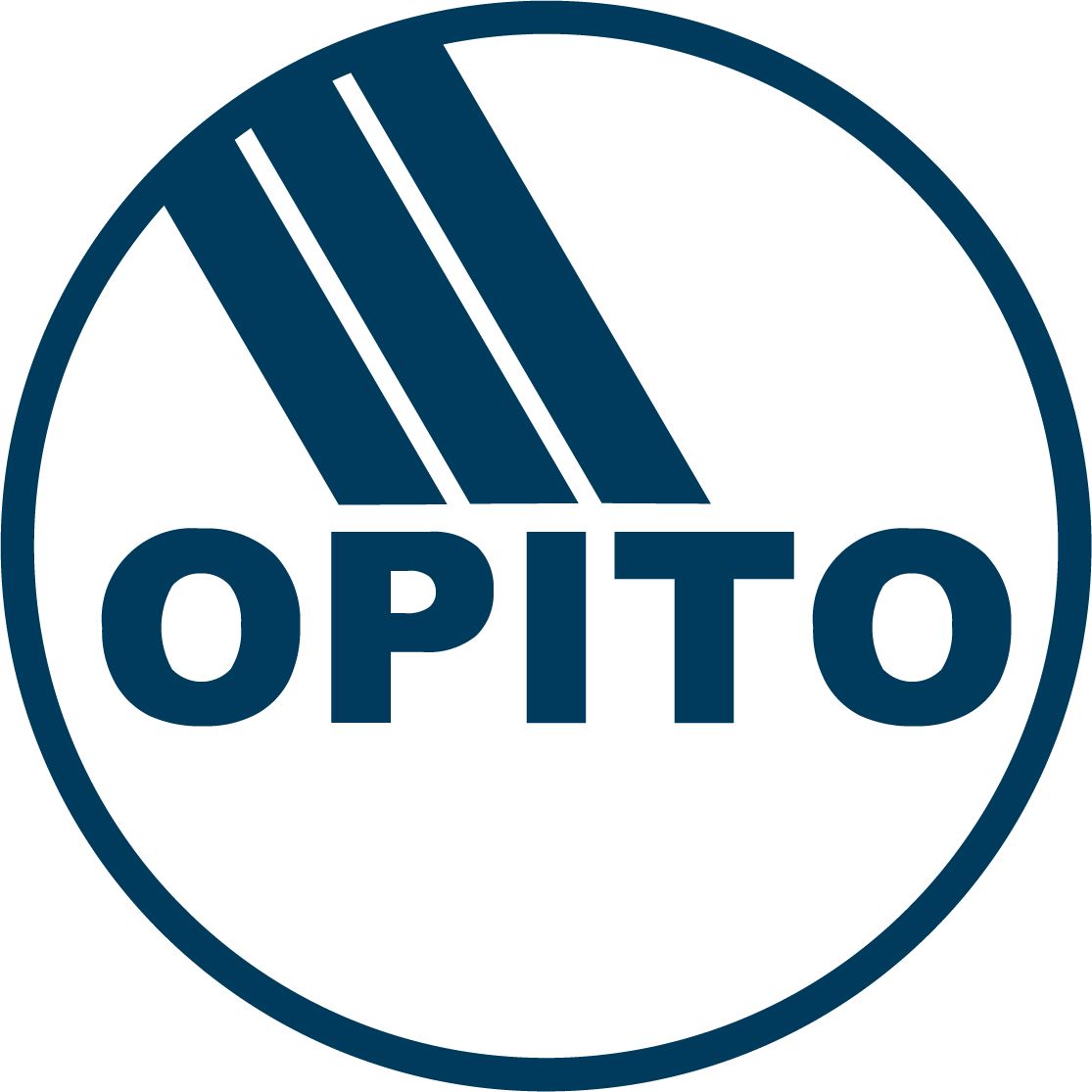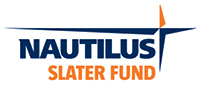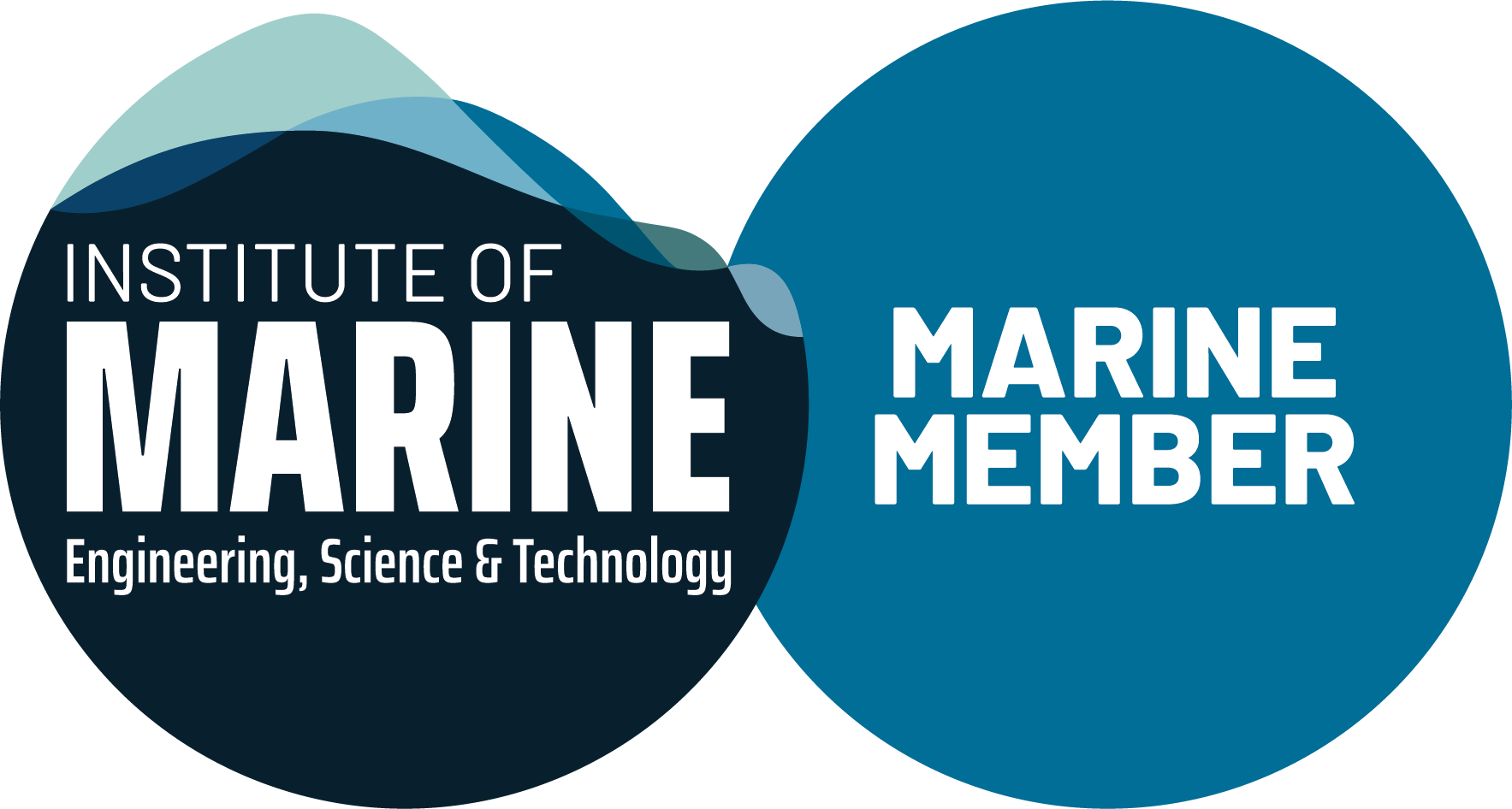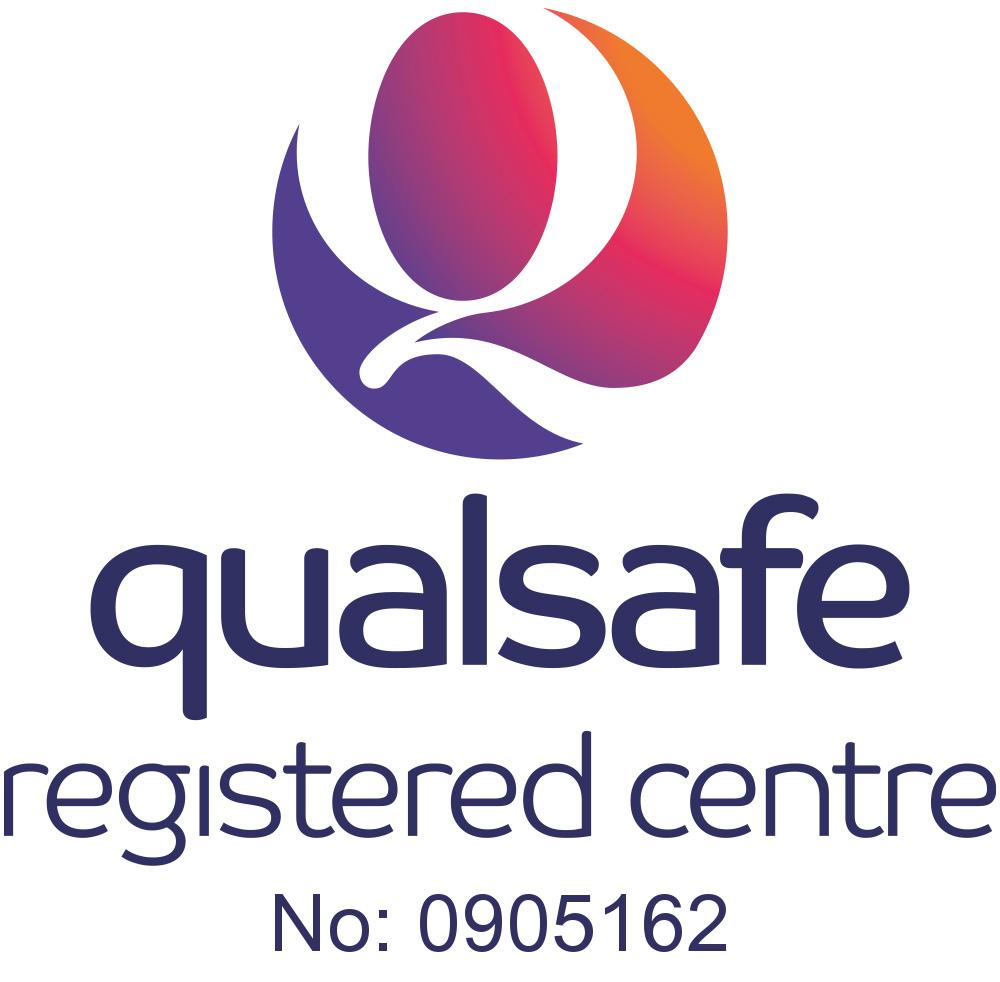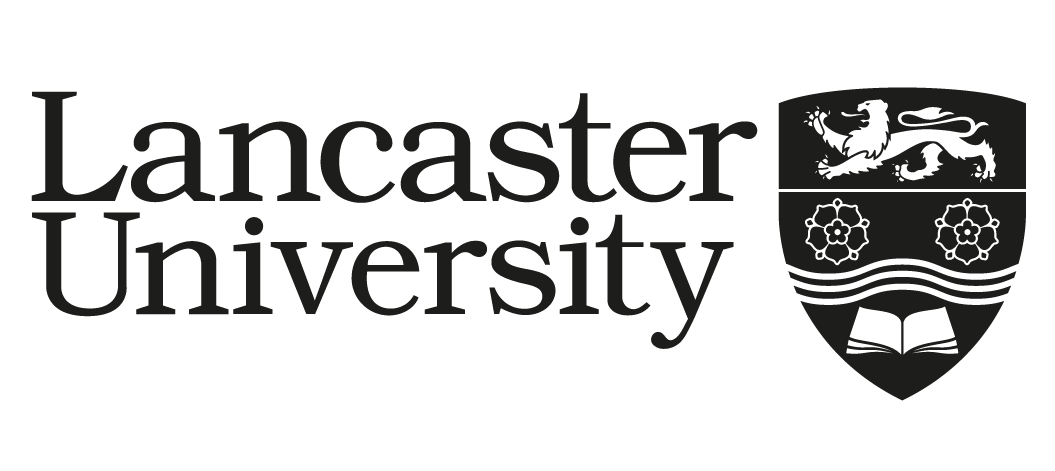Nautical Science - BSc Hons Degree
Course Code: MH1HE93
Maritime & Nautical
Next course dates
Course Overview
Who is this programme for?
This programme forms part of a Merchant Navy cadetship so to undertake this programme, you will need to apply to a shipping or training company and obtain sponsorship. The companies cover the cost of your programme and related training courses, your uniform and pays you an allowance (how much varies slightly by company).
You can find out more about how to apply to a company on the Careers at Sea website, where you can also find a list of sponsoring companies.
About this programme
The BSc (Hons) in Nautical Science will provide you with the knowledge, skills and behaviours needed for a career in commercial shipping.
Approved by the Maritime and Coastguard Agency (MCA) and the Merchant Navy Training Board (MNTB), this three-year programme combines academic education with vocational training and 12 months’ industrial placement onboard ships, leading to the award of Officer of the Watch (OOW) Certificate of Competency (CoC). The CoC is required if you wish to work onboard ship.
Regarded as one of the UK’s top maritime education and training providers, Fleetwood Nautical Campus (FNC) has strong industry partnerships, which could open the door to excellent employment opportunities. Many of our students come with sponsors to facilitate their sea time to obtain their OOW CoC.
This programme is aligned to support your progression through knowledge acquisition at both the operational level and managerial level, as directed by the Standard of Training, Certification and Watchkeeping (STCW) 1978, as amended, in addition to wider skills sought by industry. This is achieved by meeting the requirements of the MCA and following a Merchant Navy Training Board (MNTB) approved training programme.
In addition to this programme providing a full accelerated honours degree, most students on the programme will also undertake a cadet training programme, which runs alongside the academic award. You will cover topics such as STCW basic training in vocational areas such as first aid, fire fighting and survival at sea, alongside courses such as enclosed space rescue.
More detailed information on the programme can be found in the Programme Specification.
A note on study intensity
It is important to understand that this is an intensive programme of study. You will be required to study modules at a rapid pace throughout your college phases. This means you can expect full working days at college for much of your time and individual studies on top of that in your own time. The payback for this is that you get a full honours degree in three years in addition to all the prerequisites to apply for your MCA CoC examinations, whilst getting paid (if sponsored).
If you wish to discuss the expectations for the programme, please email maritime@blackpool.ac.uk to book a call when a member of the programme team will be happy to discuss this with you.
Entry Requirements
You will need to meet the following criteria to apply for a place on this programme:
- 60 UCAS points at A/AS level, including subjects which support the application
- GCSE Mathematics (level 5 or above), Science and English Language (level 4 or above or equivalent letter grades
Alternate entry qualifications
If you hold other qualifications that are equivalent to the above, the programme team will review evidence supplied by applicants regarding their ability to undertake the programme.
The award of credits via Recognition of Prior Learning (RPL) will be assessed on an individual basis.
We will also consider your application if you have a Level 3 Diploma in Shipping and Maritime Operations with a letter of recommendation, usually from your sponsor or Level 3 programme leader, on your aptitude for studying at degree level.
In all cases of alternate qualifications, please email us at maritime@blackpool.ac.uk with details of the qualifications you hold and our programme team will review and come back to you.
English Language requirements
If English is not your first language, an IELTS score of 5.5 or equivalent is required. This must have been achieved within the two years prior to applying for the programme. You can find out more here.
Medical requirements
You will need to pass an industry-standard medical examination (ENG1) in order to complete a placement at sea; it is strongly advised that you complete this prior to enrolment on the programme.
Qualification Obtained
BSc Nautical Science
Assessment Methods
A detailed breakdown of the modules and assessment for this programme can be found from page 6 of the Programme Specification.
Teaching and Learning Methods
Throughout your programme you will learn and be assessed in a range of ways to support the overall aims and outcomes of the programme in order to equip you with the appropriate skills for roles within the maritime industry. Employers will be looking for a range of skills and competencies, including innovation and initiative.
Employers want you to have strong communication and team-working skills. The programme promotes the development of these qualities alongside technical competencies and academic knowledge.
The programme utilises a mix of classroom-based lectures and seminars as well as more practically oriented sessions using Fleetwood Nautical Campus’s world-leading simulator facilities. This gives you the opportunity to learn theories and principles and see how they apply in practice.
Industry Placement and Field Trips
This Honours Degree is typically expected to form part of an integrated training programme where you are sponsored by a company or training provider. They will provide you with a berth on a ship to work as a cadet. You will undertake a range of associated short courses that combined with this Honours Degree, will lead to you obtaining your Officer of the Watch Certificate of Competency.
During your time on board, you will complete a Training Record Book and Navigation and Operations Workbook.
You also will engage in a number of industry standard short courses as a part of this qualification which puts you in simulated real-world conditions.
Other Costs and Equipment Needed
We provide access to key reading materials and other resources as a part of the course costs. You are expected to provide stationery, including parallel rulers and dividers for chart work, celestial navigation and radar plotting, as well as a scientific calculator.
You are strongly advised to have a laptop or equivalent device that you can bring to college as part of your studies as many classes will incorporate technology throughout the learning process. There are limited quantities of laptops available for short-term loan from the LRC if you are not in position to bring your own device to college.
Incorporated within the programme are a number of short courses that provide you with certification that form part of your application for an Officer of the Watch Certificate of Competency. Uniform and general personal protective equipment, such as safety shoes and boiler suits are required for some of the associated short courses. Sponsors also typically fund all associated short courses that form part of your eligibility for your Certificate of Competency.
If you require MCA Final attempts, these bear a fee that may not be borne by your sponsor.
Expert Tutors
All staff involved in the delivery of any courses within the College are approved to teach and/or assess the subjects and modules they deliver. The approval process ensures that staff delivering and/or assessing a given programme are appropriately qualified, with relevant technical and industrial experience and professional practice.
Tuition Fees
Read our tuition fees guide.
Regulation and Accreditation
Accrediting Institution: N/A
Terms and Conditions
Read our full terms and conditions for more information.



